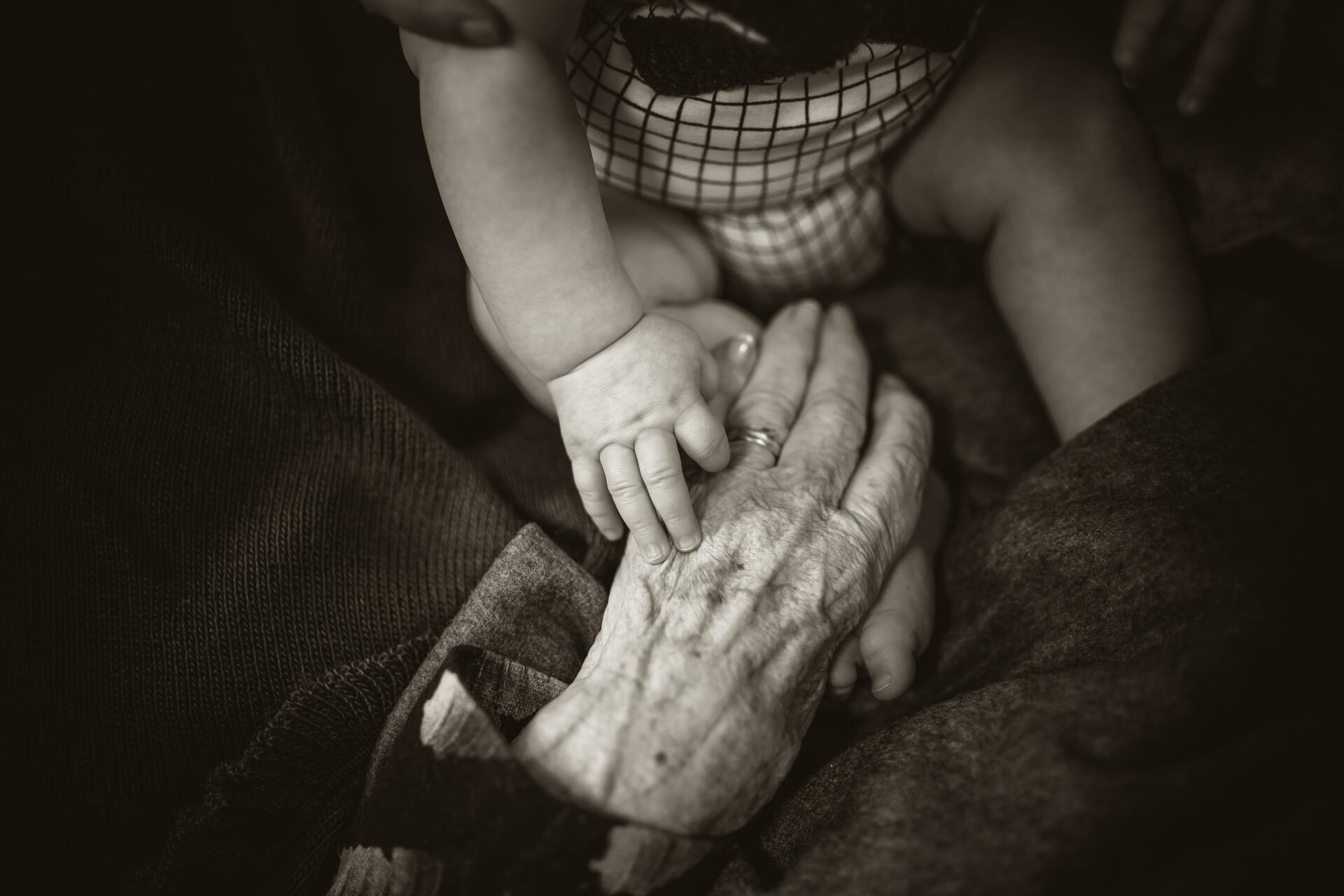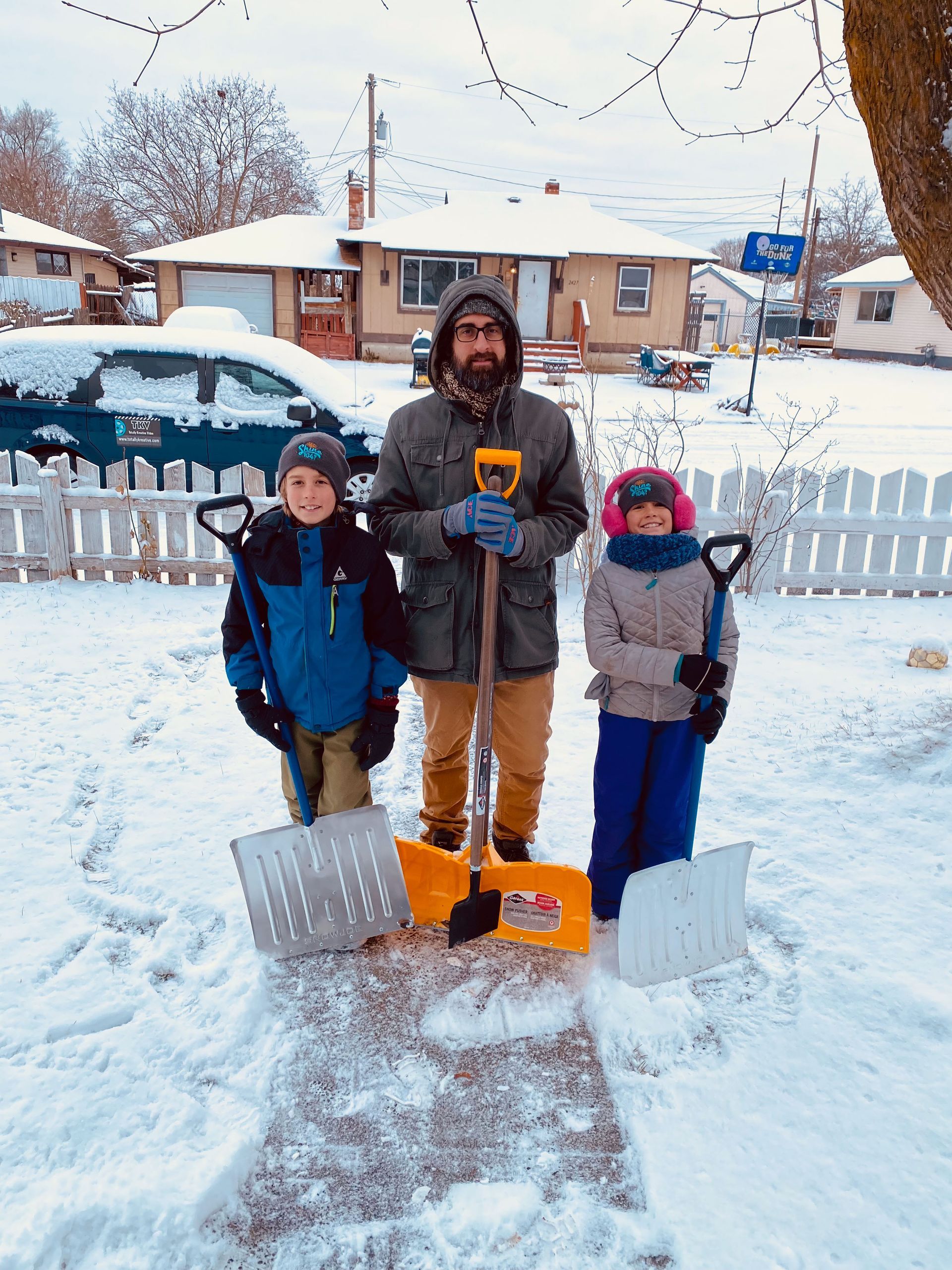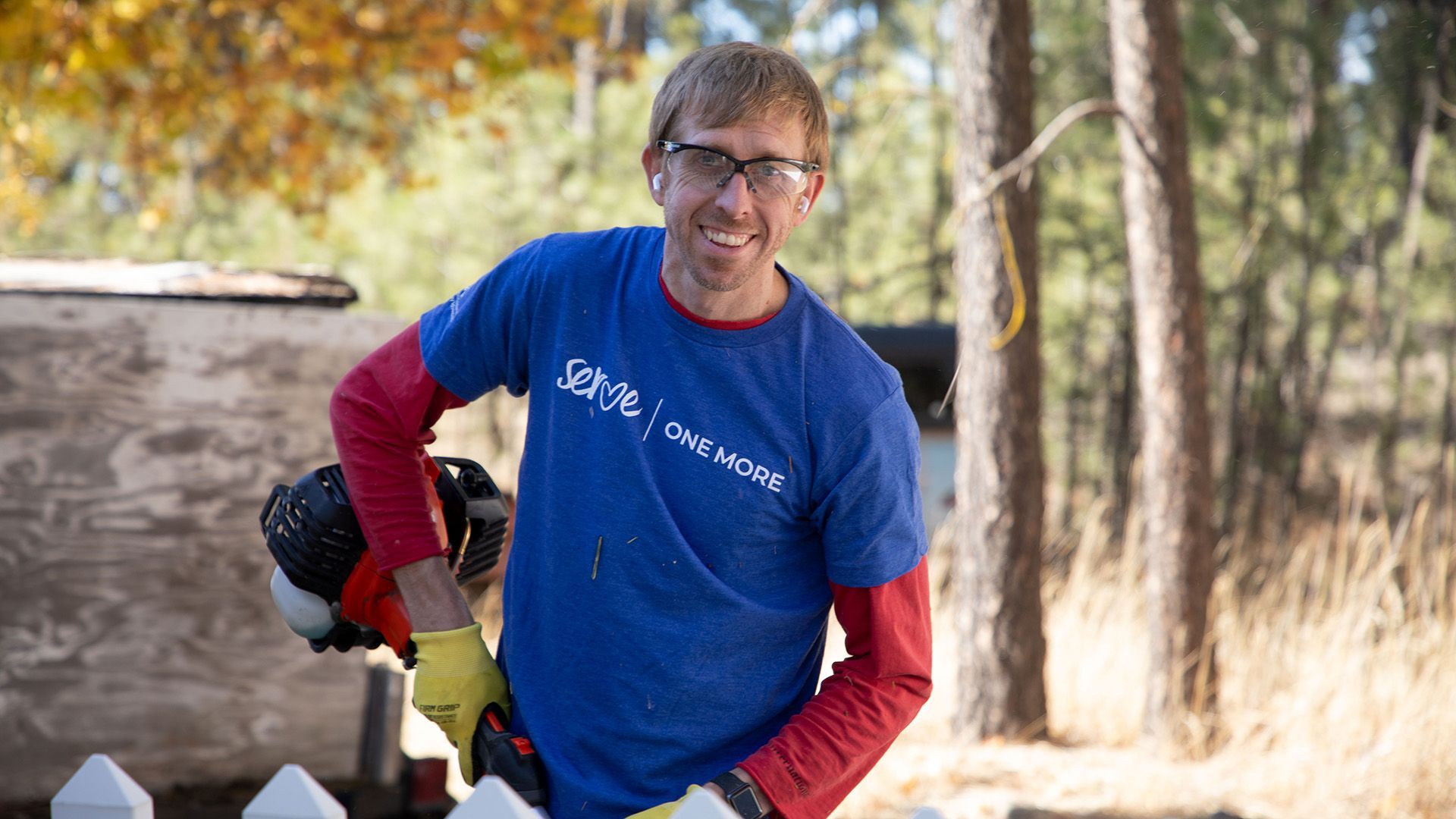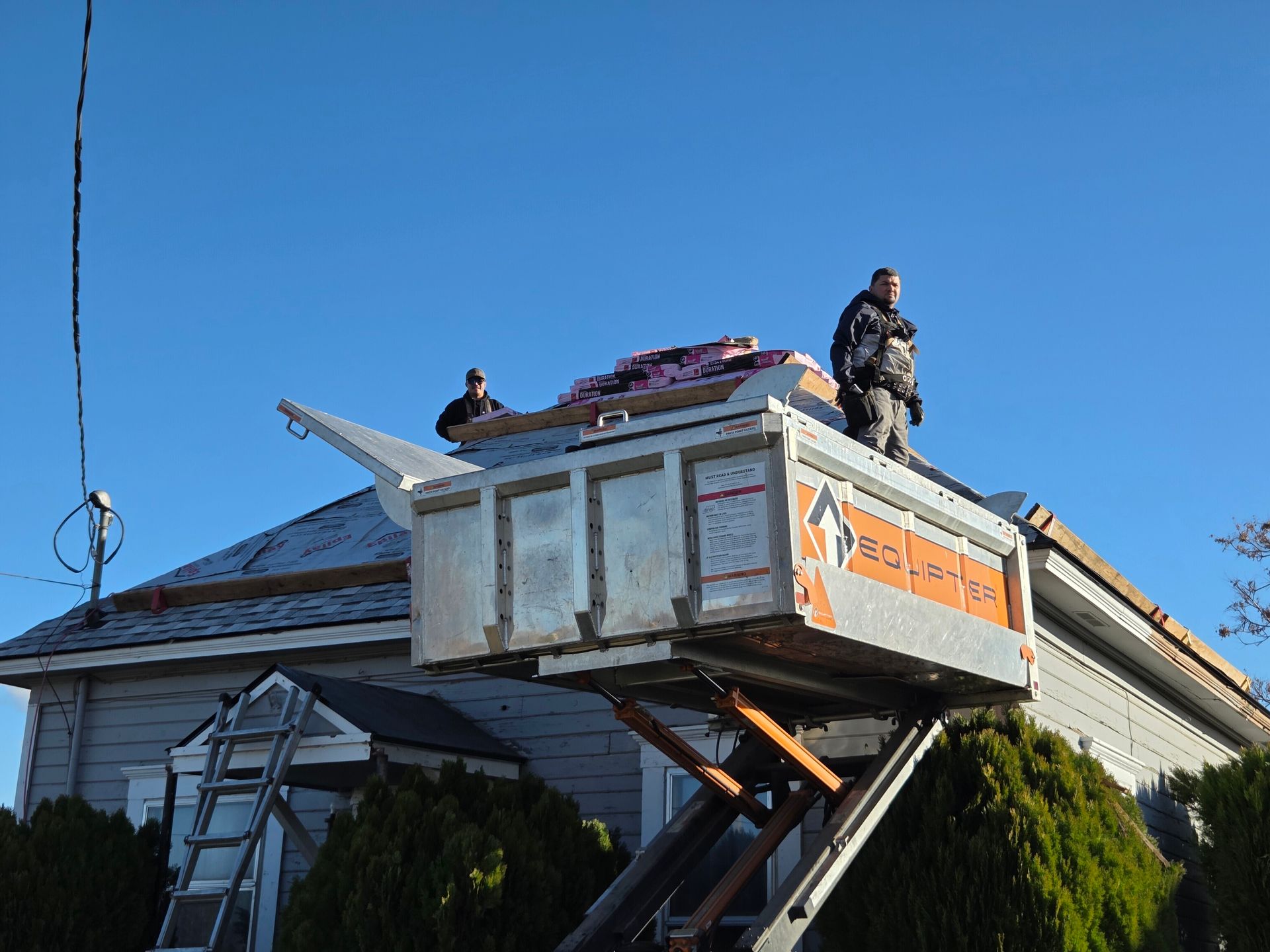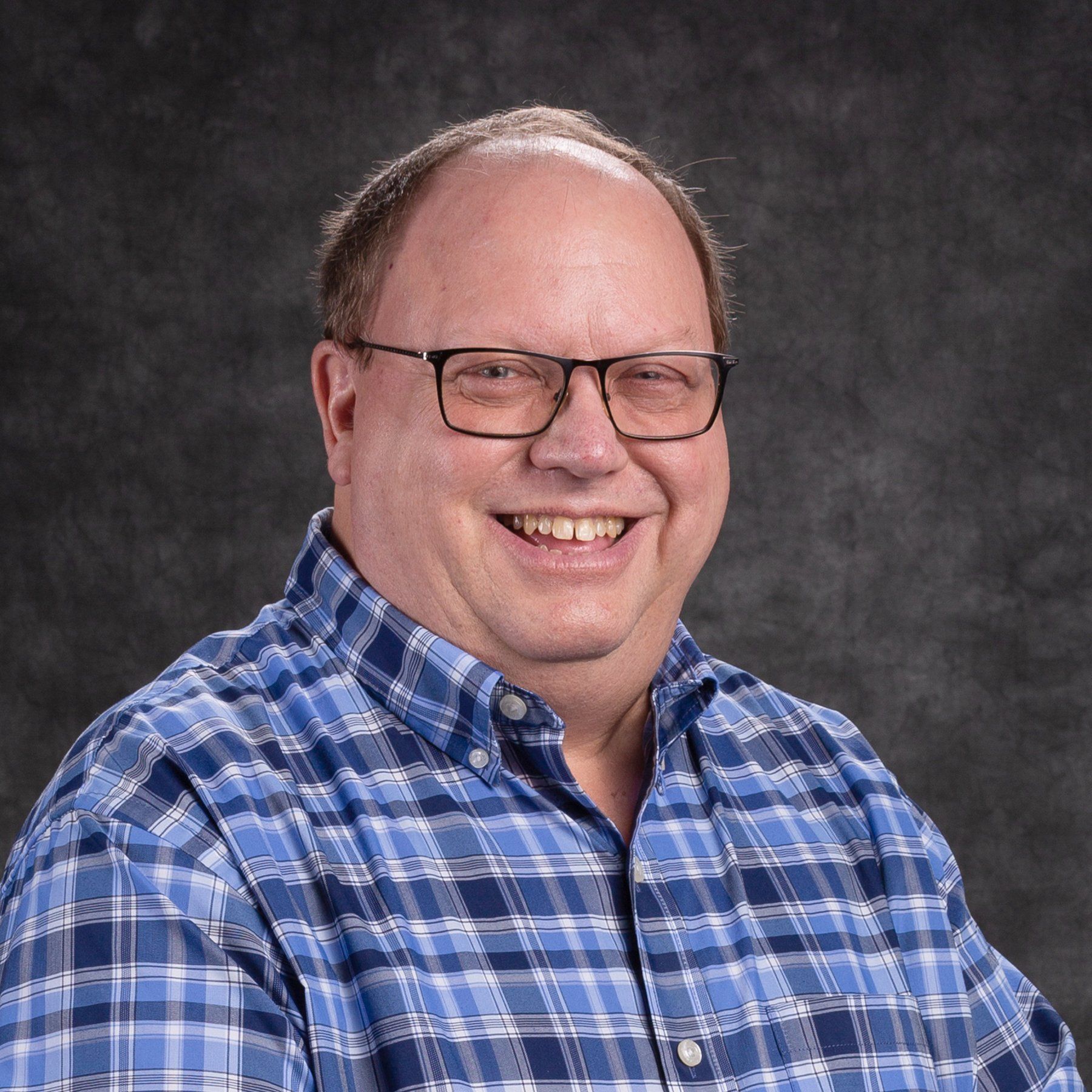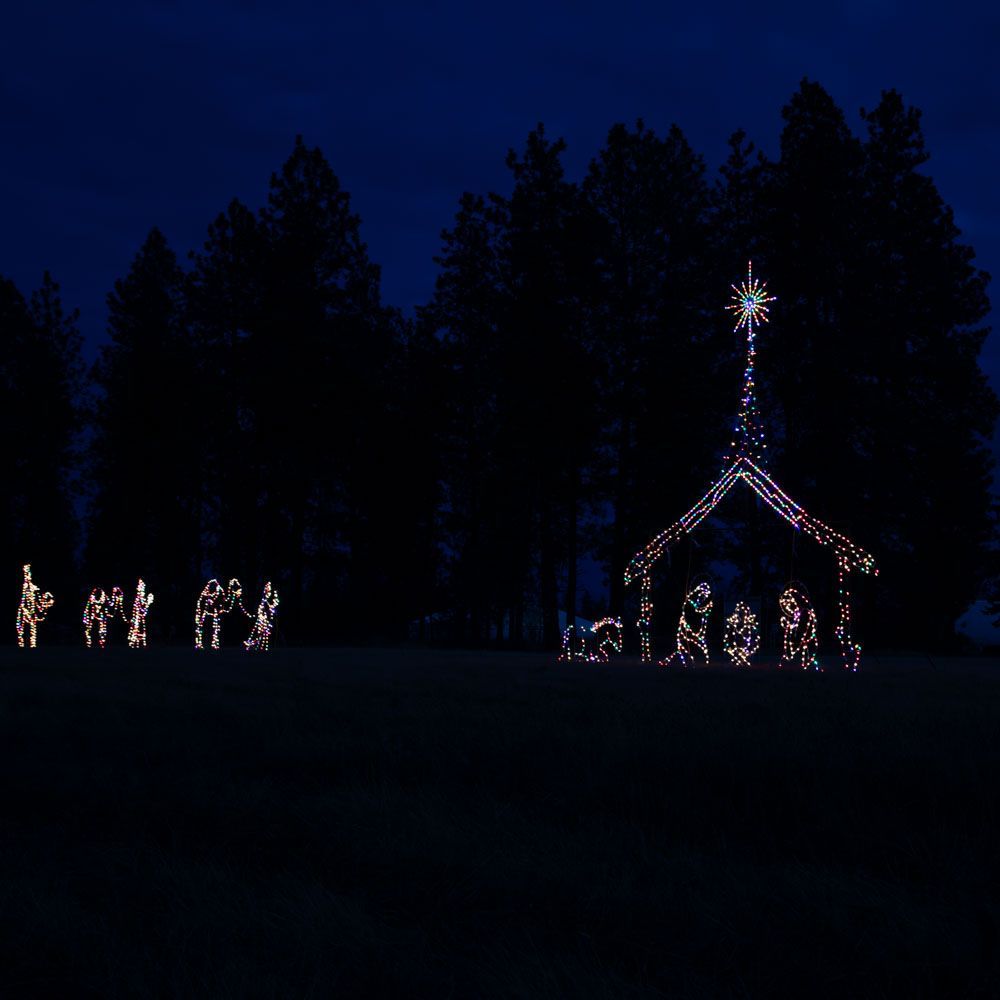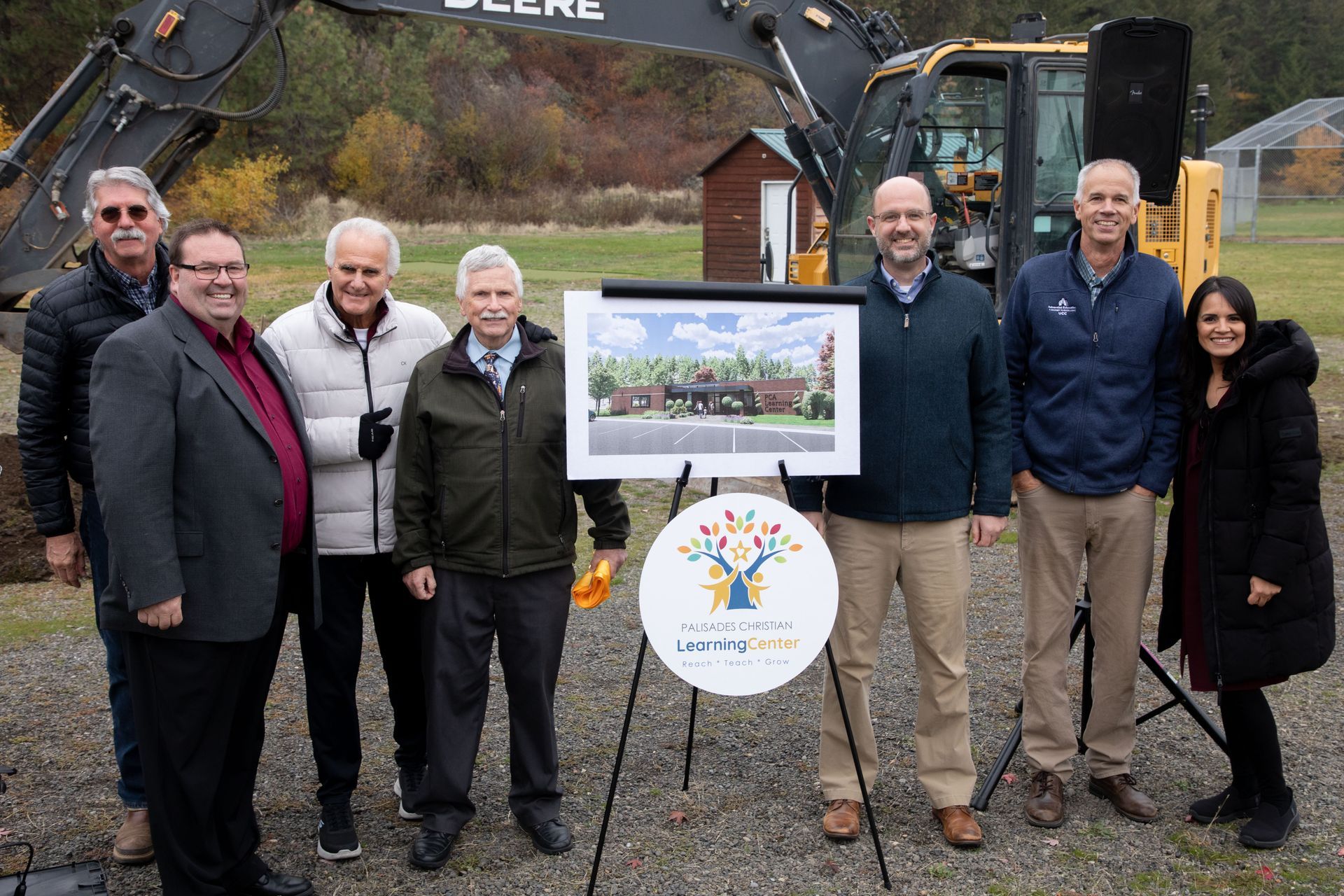The Secret to Long Life
A long healthy life is no accident. It begins with good genes, but it also depends on good habits.
By Cindy Williams, RN
Coordinator, Health Ministries
National Geographic published “The Secrets of Long Life” in its November 2005 issue. This article focused on three places in the world with unusually high rates of centenarians. These residents not only live long lives but enjoy more healthy years and have a small percentage of diseases that are major killers in other parts of the world. The mountain villages of Sardinia, Italy, islands of Okinawa, Japan and Loma Linda, California are now known as “Blue Zones.” Nicoya, Costa Rica and Ikaria, Greece have joined those three locations in subsequent years following additional research.
“A long healthy life is no accident. It begins with good genes, but it also depends on good habits. If you adopt the right lifestyle, experts say, chances are you may live up to a decade longer”, wrote Dan Buettner. Research ultimately showed that all the blue zones share nine specific lifestyle habits.
- They move naturally. Their environments are set up in a way that enables them to move without thinking about it.
- They have purpose. They know why they wake up in the morning.
- They down-shift. There are routines in their lives that help them shed stress.
- They follow the “80%” rule. They stop eating before they are completely full.
- They have a plant-slant diet.
- They all (except Adventists) drink wine moderately and regularly.
- They belong to a faith-based community.
- They put family first.
- They belong to social circles that support healthy behaviors.
This research led to an important question. Could we add ten years to our life without living in Sardinia, Okinawa, Nicoya, Ikaria, or even Loma Linda? Could we create additional blue zones? I will share some things that are being done in the United States in the next article.
References
https://www.bluezones.com/wp-content/uploads/2015/01/Nat_Geo_LongevityF.pdf
This article is part of a continuing series of health during these COVID times. For other articles, please see www.uccsda.org/healthministries.


